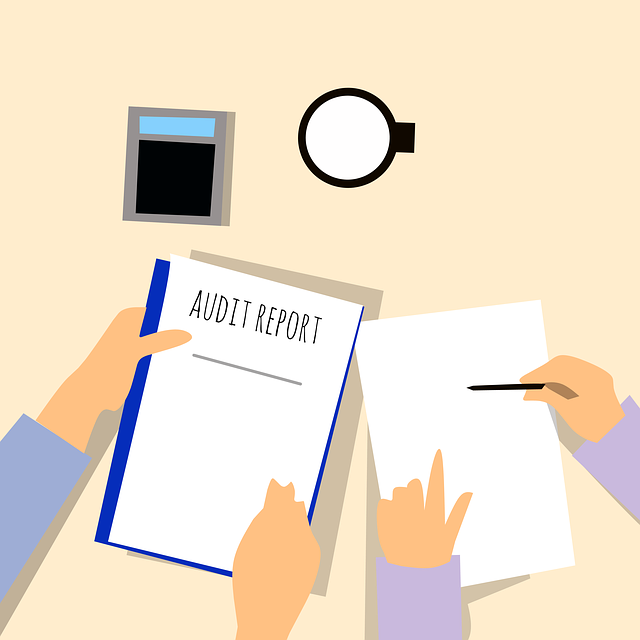An IRS audit is one of the most dreaded events on the planet. It fills the heart with dread knowing the potential penalties for even an innocent misreporting or mistake. Each tax return is rated by a computer scoring system called the Discriminant Function System (DIF) System. It rates each return on the potential for change, compared with similar returns.
Income
Failure to report all income from W-2s and 1099s will trigger an audit. Employers must supply workers with a W-2 and they’re also required to provide a copy to the IRS. The same is true for independent contractors that receive a 1099. The IRS knows from employer records that an individual has received the income and failure to report it will result in an audit.
Earned Income Tax Credit
A surprising number of low-income earners are audited each year that claim the Earned Income Tax Credit (EITC). The program has a long history of fraud since taxpayers can receive money back when they claim it. The EITC is designed to help qualifying low- and moderate-income families reduce their tax liability and, in some instances, increase their refund.
Self-Employed
Independent contractors, sole proprietors, and those engaged in the gig economy are a collective group that are highly scrutinized and even the smallest anomaly will trigger the DIF System. It especially looks at income compared to business expenses that are claimed. Individuals are entitled by law to claim allowable work-related expenses, but should be sure they’re actually work related.
Hobby vs Business
The IRS has very clear rules about what qualifies as a hobby and what’s considered a legitimate business. Claiming a hobby as a business allows individuals to claim business expenses, but it doesn’t quality as a business according to the IRS if a net profit hasn’t been reported in the prior 5 years.
High Income
The more money an individual makes, the more loopholes there are in which to hide assets and income. Those with incomes of $1 million are more likely to be audited than other income brackets. If a business suddenly starts posting a significant amount of income or losses, the owners can expect to be audited.
At Peavy and Associates PC our mission is to assist you with all your tax preparations, payroll and accounting needs. We provide our clients with professional, personalized accounting services and guidance in a wide range of financial and business needs. Give us a call today and discover why our clients return to Peavy and Associates, PC year after year!





